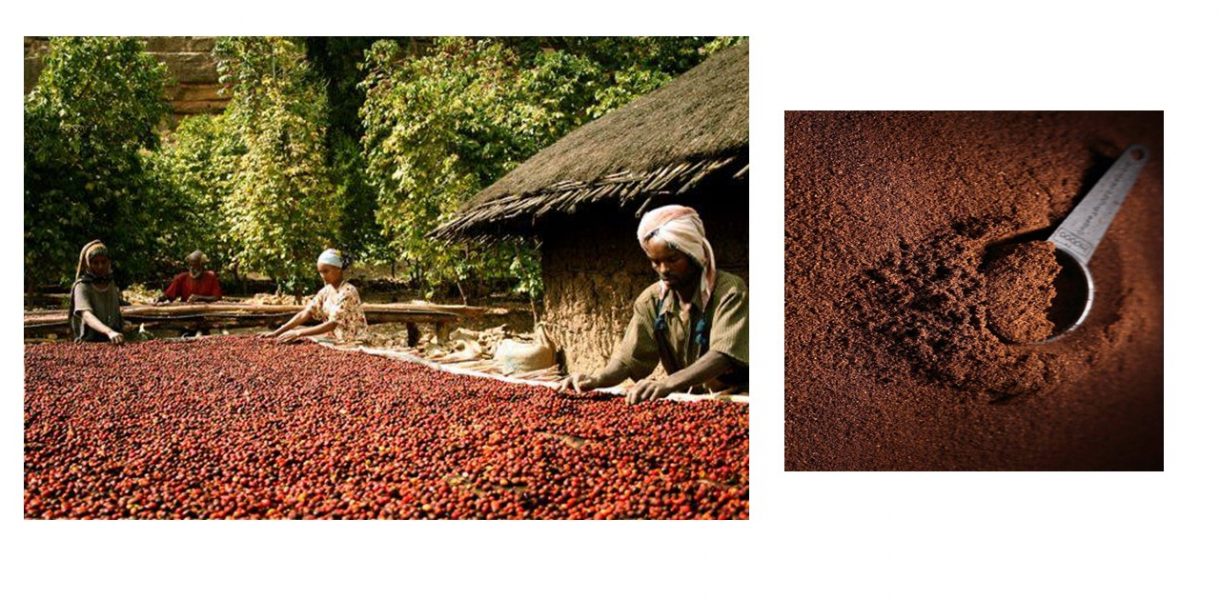Ethiopia’s coffee industry is not only an important part of the country’s cultural heritage, but it also plays a significant role in its economy. Coffee exports generate a significant amount of foreign income for Ethiopia, contributing to poverty reduction and economic growth. According to the International Coffee Organization, Ethiopia was the fifth largest coffee exporter in the world in 2020, exporting over 300,000 metric tons of coffee.
The Rise of Ethiopian Coffee: From Local Beverage to Global Commodity
Ethiopia started exporting coffee beans worldwide, making coffee an important commodity in the 19th century. They established the first commercial coffee plantation in Ethiopia during the 1900s, and by the 1930s, it had become the country’s most significant export. Today, altitude, soil type, and climate influence the unique flavor profiles of Ethiopian coffee, making it renowned worldwide.
Furthermore, the coffee industry in Ethiopia provides employment opportunities for millions of people, from smallholder farmers to traders and exporters. It is estimated that over 15 million people in Ethiopia are involved in the coffee industry. This makes it one of the largest employers in the country.
Despite its importance, the coffee industry in Ethiopia faces many challenges, including low productivity, poor quality control, and climate change. The government of Ethiopia, in partnership with various organizations, is working to address these challenges. Initiatives such as providing training and technical assistance to farmers, improving infrastructure, and promoting sustainable practices are some of them.
In recent years, there has also been a growing interest in specialty coffee from Ethiopia. This is focusing on preserving unique flavor profiles and promoting sustainability. This has led to increased investment in small-scale and specialty coffee production. Also includes a renewed interest in traditional brewing methods and coffee ceremonies.
Overall, the rich history and culture of Ethiopian coffee continue to inspire and influence coffee lovers around the world, making it an important and beloved beverage for many.
